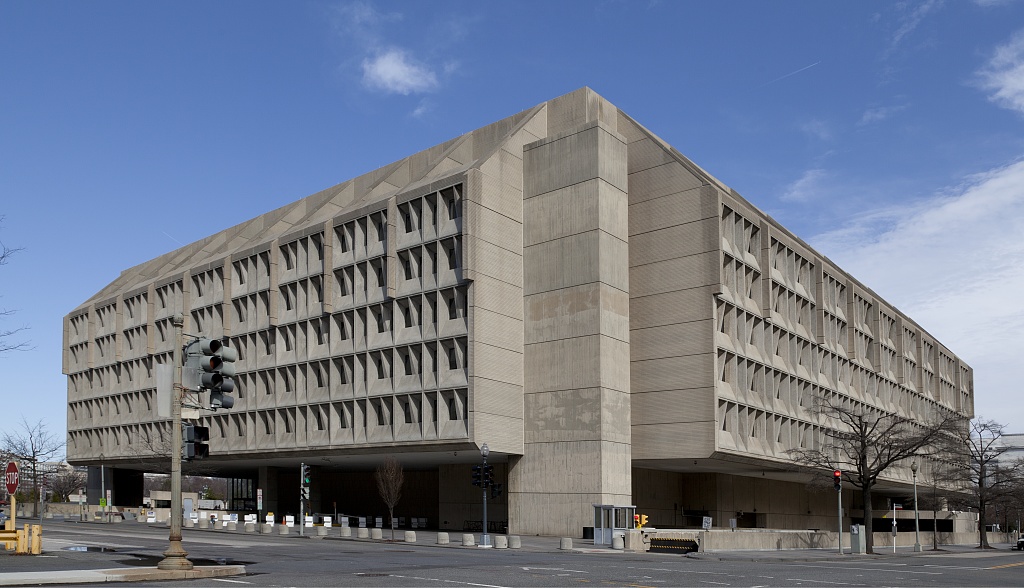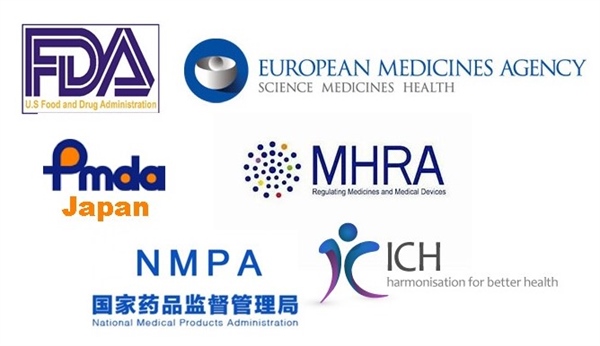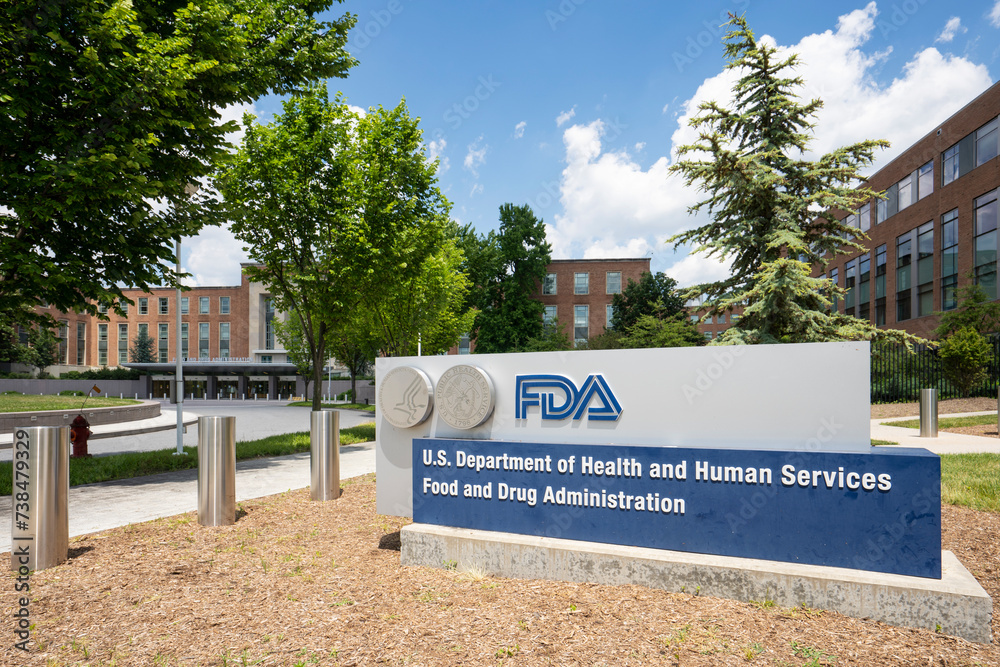
FDA’s Top Vaccine Official Resigns After Clashing With RFK Jr Over Misinformation
“A Resignation Under Pressure”: Inside the FDA Power Struggle That Shook the Health Sector
On April 5, one of the most influential figures in modern vaccine regulation will step down from his post. Dr. Peter Marks, the director of the Food and Drug Administration’s Center for Biologics Evaluation and Research (CBER), has announced his resignation, attributing the decision to what he described as a campaign of “misinformation and lies” led by Health and Human Services Secretary Robert F. Kennedy Jr. But the tremors from this resignation extend far beyond a single office at the FDA.


For those inside the agency and across the pharmaceutical and investment landscapes, this is being read not as a routine leadership change—but as a flashpoint in an escalating ideological battle over the future of science-driven regulation in the United States.
A Flashpoint in the Fight for Scientific Integrity
Dr. Marks, widely credited with accelerating vaccine development under Operation Warp Speed during the Trump administration, leaves behind a legacy defined by scientific rigor, cautious optimism, and relentless focus on safety and efficacy.
Operation Warp Speed was a U.S. government public-private partnership initiated in 2020. Its primary goal was to significantly accelerate the development, manufacturing, and distribution of COVID-19 vaccines for the American public.
Yet his departure comes amid an intensifying conflict with Secretary Kennedy, the Secretary of Health and Human Services (HHS), whose tenure has been marked by combative skepticism toward vaccines and long-standing tensions with the medical establishment. The environment, sources say, had become untenable.
“Truth and transparency are not desired here anymore,” Marks wrote in his resignation letter, according to individuals familiar with the contents.
The wording shocked many inside the FDA, confirming what several analysts had feared: that Kennedy’s efforts to restructure the nation’s health bureaucracy were not merely administrative, but ideological in nature.

In conversations with individuals close to the situation, a common theme emerged—this wasn’t simply a policy disagreement. It was a showdown between two competing visions of public health: one rooted in decades of scientific consensus, and another aligned with a populist distrust of institutions.
The Cost of Principle: “He Refused to Play Along”
Supporters of Dr. Marks’ decision argue that it was an act of professional courage. According to one veteran public health official who spoke on condition of anonymity, “There’s a breaking point when leadership stops respecting evidence. Marks hit that wall.”
Several experts interpreted the resignation not as voluntary, but as a forced exit. “It was made clear to him: resign or be removed,” said a policy analyst at a major think tank who monitors federal health agencies.
That forced framing is key for many in the health community. It suggests that scientific dissent is no longer tolerated within the agency's upper ranks—particularly when it runs counter to the HHS Secretary’s messaging.
And that, critics warn, could have far-reaching consequences.
Collateral Damage: The Disruption of Critical FDA Functions
Dr. Marks’ resignation comes as the FDA is already straining under sweeping restructuring initiatives introduced by Secretary Kennedy. Staff reductions, reorganized divisions, and redirected resources have created operational instability, according to internal reports.
Experts worry that the loss of Marks’ leadership will compound those disruptions, particularly in biologics—a field central to vaccine innovation and gene therapies.
Biologics are a class of medicines derived from living sources like cells, tissues, or microorganisms, often defined by regulatory bodies like the FDA. Unlike traditional small-molecule drugs which are chemically synthesized, examples of biologics include vaccines, gene therapies, and therapeutic proteins.
“Even if you disagree with him, removing a leader of that caliber during a period of transition is a high-risk move,” said one former FDA adviser. “This could slow approvals, confuse oversight, and open the door to regulatory inconsistency.”
For pharmaceutical and biotech firms with late-stage products awaiting review, that risk is very real.
The Political Underpinning: A Realignment in Health Governance

Robert F. Kennedy Jr.’s appointment as HHS Secretary was controversial from the start. Known for his vocal skepticism of vaccines and regulatory institutions, Kennedy’s critics feared he would undermine the very agencies he was tasked with leading.
So far, they argue, those fears are being realized.
The resignation of Dr. Marks is viewed by many as the most visible manifestation of a broader realignment—one where regulatory fidelity is traded for political conformity.
“This isn’t about one man resigning,” said a senior regulatory consultant. “It’s about reshaping the FDA in a way that aligns with a worldview hostile to consensus science.”
Some observers, however, take a more tempered view. One analyst pointed out that Marks himself had, in previous months, attempted to foster dialogue with Kennedy, hinting that a more constructive outcome might have been possible.
“This didn’t have to end this way,” the analyst said. “But both sides seemed entrenched. That’s a missed opportunity for compromise.”
Investor Alarm Bells: Market Risk in a Politicized FDA
For institutional investors, hedge funds, and sector analysts, the drama unfolding at the FDA has immediate—and potentially painful—implications.

Regulatory Risk Spikes
Regulatory risk refers to the potential negative impact on a business or investment resulting from changes in laws, regulations, or government policies. Investors closely monitor this risk, as new regulations can significantly affect profitability and stock performance, particularly in heavily regulated sectors like finance and healthcare.
Dr. Marks’ exit introduces new uncertainty into an already sensitive regulatory environment. The biotech sector, particularly small-to-mid-cap firms with therapies awaiting FDA approval, could face delays, sudden rejections, or revised guidance procedures—all of which can swing valuations sharply.
“One of the few things biotech investors could count on was regulatory predictability. That’s gone now,” said a healthcare portfolio manager at a major asset fund.
In particular, companies with pipelines reliant on biologics—including cell and gene therapies—are considered most vulnerable.
The Flight to Safety
In the short term, expect to see capital rotate into firms with global regulatory exposure or mature product portfolios less reliant on U.S. approvals. European and Japanese regulatory environments, seen as more stable, may become more attractive to U.S.-based pharma investors.

Large-cap pharmaceutical companies with established drugs may also benefit from this uncertainty, acting as safe harbors while smaller, more speculative ventures are re-priced under a new risk regime.
The Political Risk Premium
Kennedy’s restructuring of the health ecosystem is viewed by many institutional players as injecting a new “political risk premium” into healthcare investing.
Did you know that investors often demand a Political Risk Premium when investing in markets with high political uncertainty? This premium is essentially an additional return required to compensate for the unpredictability of government policies and geopolitical events that can impact asset values. It's closely related to the Country Risk Premium, which accounts for broader country-specific risks. By factoring in this premium, investors aim to mitigate potential losses from political shocks, such as policy changes or instability, especially during economic downturns when governments are more likely to introduce new policies. This concept highlights the significant role political factors play in shaping investment decisions and market dynamics.
“We’ve added five basis points to our risk-adjusted models for FDA-related decisions,” one fund manager disclosed. “That may seem small, but it reflects a bigger shift—regulation is no longer neutral.”
What Comes Next: Reckoning or Resilience?
The departure of Peter Marks could trigger a domino effect. Internal morale at the FDA has reportedly taken a hit, and further resignations or retirements are not out of the question.
Meanwhile, Kennedy appears undeterred. Sources say his team is working on a broader set of reforms aimed at streamlining drug approvals—though critics fear that “streamlining” could mean relaxing standards.
For the scientific community, the concern is existential: will empirical evidence remain the cornerstone of U.S. drug and vaccine policy? Or are we entering a phase where narrative trumps data?
When Institutions Crack
Peter Marks' resignation is not just the loss of a scientist—it is the sounding of an alarm. An institution once seen as the gold standard of regulatory oversight is showing cracks, not from inefficiency or error, but from conflict over truth itself.

For investors, the message is clear: stability is no longer a given. For the public, the questions are harder: Can you trust the process behind your medications and vaccines when science is sidelined? And for regulators still inside the agency, the path ahead is uncertain, marked by the specter of interference and the erosion of a once-proud legacy.
What began as a resignation may soon be seen as a turning point—one that redefined not only how we govern health but how we value truth in the institutions meant to protect it.